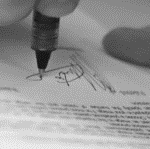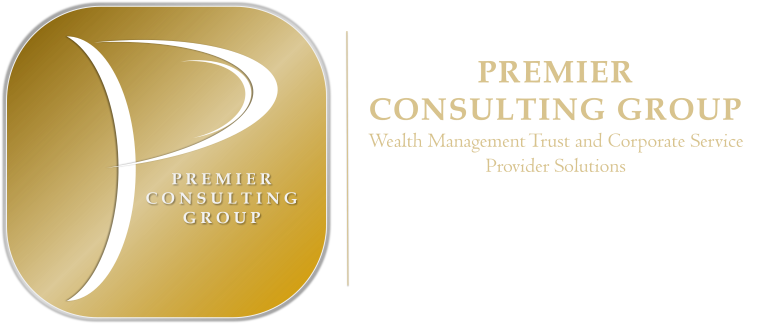Premier Trust
Premier Trust is authorised in Switzerland to provide for Professional Trustee Services for discretionary trusts with Swiss Settlor, for both Swiss and foreign beneficiaries.
- We are active Trustees, providing positive, transparent and informed trusteeship, able to deal with assets that are substantial and complex. We identify potential problems and deal with them before adverse issues arise
- Our advisory and trustee work is strongly supported by a full range of legal, accounting and administrative services.
- We believe in designing solutions, fitting the specific needs of our clients and adapted to any changes in their personal, fiscal and professional environment.
- Our aim is to build long lasting relationships with our clients, our professional business partners and to provide them with genuine customized services, based on independent advice.




